Teaching children to read is a critical function of the education system, yet over the past several decades data indicates in fact, many children have gone through school not learning to read well. Since the 1960s, there has been a roiling debate about HOW children learn to read and, in turn, how teachers can make sure their students achieve reading proficiency.
The COVID pandemic exposed and exacerbated gaps in reading abilities among school-aged children and the reading debate was sparked anew. Educators, administrators, researchers, legislators, and parents across the country began turning to the Science of Reading (SoR) for answers. The SoR is not new, but rather a body of decades worth of research that emphasizes the importance of phonics instruction in early literacy acquisition.
In 2022, the Virginia General Assembly passed the Virginia Literacy Act to ensure by the 2024-2025 academic year, all public schools in the Commonwealth will provide research-based literacy instruction to students. In keeping with Virginia legislation, evolving trends in literacy pedagogy, and the Alexandria Public School System’s shift to phonics-based reading instruction, at ATC, we too have shifted our methods.
This year, all of our kindergarten, 1st grade and 2nd grade programs are operating with updated lesson plans informed by the tenets of the Science of Reading:
-phonological awareness: the ability to hear, recognize & manipulate the sounds that make up spoken language
-phonics: matching sounds with letters or groups of letters
-explicit teaching of common, irregular words like “was”
-fluency
-vocabulary
-comprehension
Additionally, ATC staff trained 278 volunteer tutors in the new lesson plan and methods to ensure all 255 Book Buddies receive state of the art literacy instruction that supplements what they are learning in their classrooms.
Tutors report some components of the new lesson plan, particularly those involving kinesthetic movement, have been tricky to implement, but students are making tremendous progress in hearing sounds, associating them with the correct letters or letter combinations, and sounding out words. We are excitedly monitoring student reading skill development and look forward to sharing results with you in the summer.

